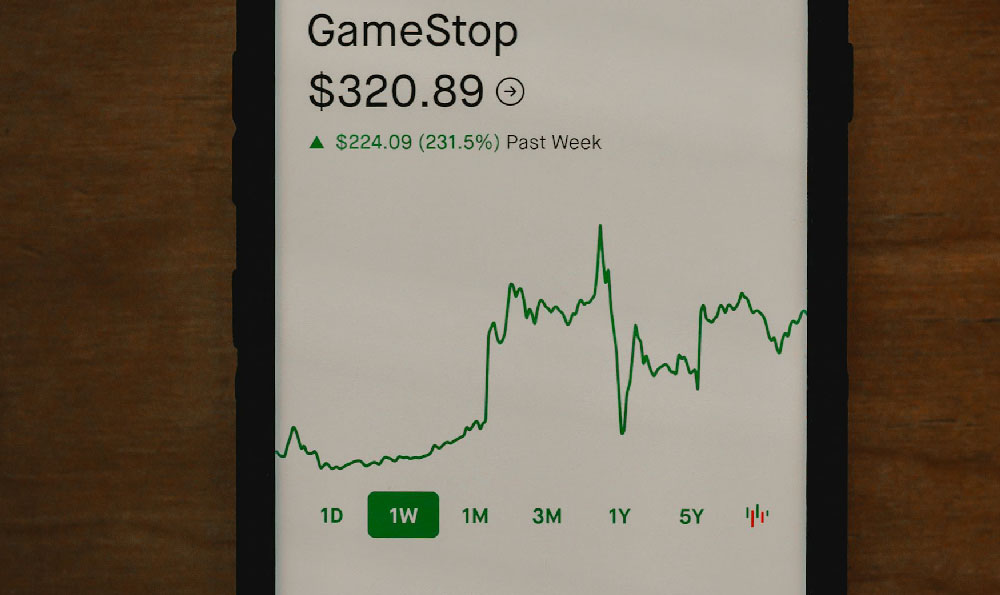The question of whether doctors profit from prescriptions and the ethical implications thereof is a complex and heavily debated topic. It touches upon fundamental issues of patient trust, financial incentives, and the integrity of the healthcare system. While the direct answer, in most developed countries like the US, UK, and those in the EU, is that doctors generally do not directly profit from the act of writing a prescription, the reality is far more nuanced and requires careful examination.
The core ethical concern stems from the potential for a conflict of interest. If a physician stands to gain financially from prescribing a particular medication, whether directly or indirectly, their judgment could be compromised. This could lead to unnecessary prescriptions, preference for more expensive medications over equally effective but cheaper alternatives, or even the promotion of drugs that are not in the patient’s best interest. The Hippocratic Oath, and its modern interpretations, fundamentally dictate that doctors should act solely in the patient’s best interest, and any financial incentive that might undermine this principle raises serious ethical red flags.
In most regulated healthcare systems, direct kickbacks from pharmaceutical companies to individual doctors for prescribing their medications are illegal. However, pharmaceutical companies employ sophisticated marketing strategies that can indirectly influence prescribing habits. These strategies include sponsoring conferences and seminars, providing educational materials, offering “consulting fees” for speaking engagements, and even providing meals and gifts to doctors and their staff. While these activities may not constitute a direct “profit” from prescriptions, they create a relationship between the pharmaceutical company and the physician, which can subtly, and sometimes unconsciously, influence prescribing decisions. Studies have shown a clear correlation between doctors who receive gifts and payments from pharmaceutical companies and their likelihood of prescribing that company’s drugs. This doesn’t necessarily mean deliberate corruption, but rather a subconscious bias that can affect clinical judgment.

Furthermore, the ownership of pharmacies or medical practices can introduce another layer of complexity. In some cases, doctors may own or have a financial interest in a pharmacy. While not inherently unethical, this situation creates the potential for self-referral and over-prescription. If a doctor benefits financially from patients filling prescriptions at a specific pharmacy, there’s a risk that they might be more likely to prescribe medications, even when alternative treatments might be more appropriate or less expensive. Similar concerns arise with physician-owned specialty hospitals or diagnostic centers, where doctors may be incentivized to refer patients for specific procedures or tests, regardless of medical necessity.
The ethical considerations also extend to the transparency of these relationships. Patients have a right to know if their doctor has any financial ties to pharmaceutical companies or other healthcare providers. This information allows patients to make informed decisions about their healthcare and to assess whether a doctor's recommendations are truly objective. Legislation like the Physician Payments Sunshine Act in the US aims to increase transparency by requiring pharmaceutical and medical device companies to report payments made to physicians. However, enforcement and awareness of these regulations remain challenges.
Beyond individual doctors, the broader healthcare system can contribute to the problem. Fee-for-service models, where doctors are paid for each service they provide, can incentivize over-treatment, including the excessive prescribing of medications. In contrast, value-based care models, which focus on paying providers for the quality of care they deliver rather than the quantity, can help to align financial incentives with patient outcomes.
The availability and affordability of prescription drugs also play a critical role. When medications are excessively expensive, patients may be unable to afford them, leading to negative health outcomes. Doctors may face ethical dilemmas when choosing between prescribing the most effective medication and prescribing a cheaper alternative that may be less effective but more accessible to the patient. The high cost of prescription drugs in some countries, particularly the US, has fueled the debate about pharmaceutical pricing practices and their impact on patient care.
So, while doctors typically don't directly profit in the sense of receiving a commission on each prescription they write, the indirect influence of pharmaceutical marketing, potential conflicts of interest arising from ownership of related healthcare businesses, and systemic factors within the healthcare system create a complex ethical landscape. Addressing these issues requires a multi-pronged approach, including stricter regulations on pharmaceutical marketing, greater transparency regarding financial relationships between doctors and industry, reforms to healthcare payment models, and efforts to improve the affordability and accessibility of prescription drugs. Ultimately, safeguarding the integrity of the doctor-patient relationship and ensuring that medical decisions are based solely on the patient's best interest must remain paramount. Education and awareness, both for doctors and patients, are crucial to navigate this complex ethical terrain and to promote a healthcare system that prioritizes patient well-being above all else. The continuous evaluation of these practices and the adaptation of ethical guidelines are essential to maintaining public trust in the medical profession.












